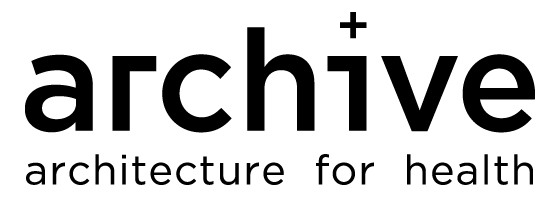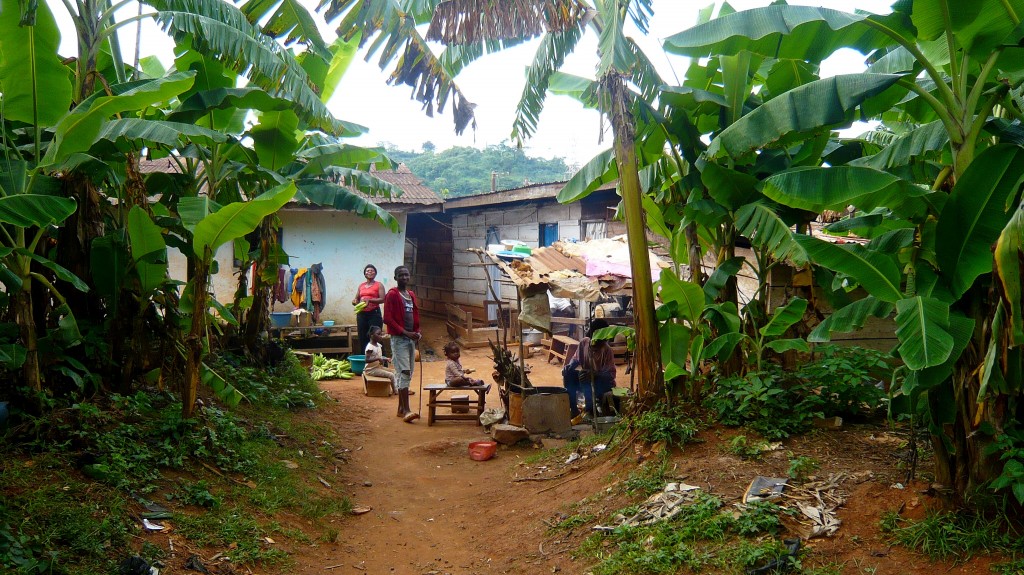I have just returned from Yaoundé, Cameroon where I was, as ARCHIVE’s Engagement Officer, mobilizing the support of local health and architecture professionals. My aim was to raise awareness and garner enthusiasm for our work and immerse myself in the community to engage with ARCHIVE’s beneficiaries.
The immediate architectural campaign and competition calls for the rehabilitation of twenty-four homes in a vibrant community outside of down-town Yaoundé. Home is the immediate definition of personal space; the community these homes are a part of are the second. Work that touches on so intimate a sphere, then, is work that cannot properly be conducted à distance, and direct communication between the organization and its beneficiaries is key for an intervention on this level, and directly related to lifestyle, to be successful.
On a much larger scale, Building Malaria Prevention is a sensitization campaign that aims to bring to the fore the importance of the constructed home environment into discussions of malaria control in Cameroon. Enlisting the help of organizations, government ministries, and professionals from Cameroon in this campaign, then, is crucial to bringing attention to environmental factors in malaria discourse.
I was lucky enough to be able to take on these two challenges and engage with an enormous variety of people. My primary goal, made possible by ARCHIVE’s principal local partner CCAM’s never-ending patience and help, was to publicize the competition to potential participants: students and professionals working in architecture, public health, and in between. This meant pitching the project to university students in Yaoundé, and brought about intense conversations on the value of interdisciplinary and international work to address a complex issue in a specific locality. It also meant discussing ARCHIVE’s mission with the presidents of the National Order of Architects and the National Order of Doctors, and convincing the two of the overlap in their work. In the space of two short months, I found myself promoting the campaign’s program on national and international radio, as well as on national television. What struck me was the extent to which catholic ministers, university professors, and other professionals took immediate ownership of the project to give suggestions with an enthusiasm that rivalled ARCHIVE’s own. The idea of an international collaboration that explicitly sought input from segments of Cameroon’s private and public sectors not normally consulted in national malaria control programs was met not with skepticism but with gusto.
My time in Cameroon was eye-opening and exciting; I have returned to my studies with a renewed zest for international development and am eagerly awaiting the results of the design competition next week.
By Géraud Bablon, Engagement Officer, ARCHIVE.

